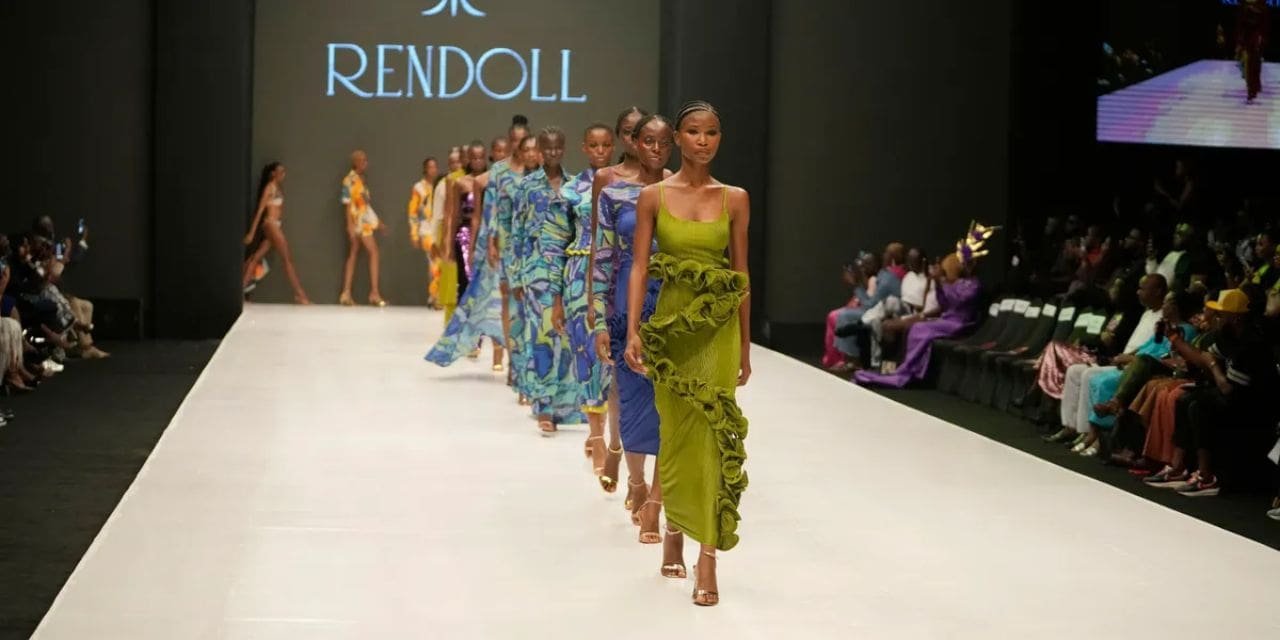The fashion industry in Africa is experiencing remarkable growth, with current annual exports valued
at $15.5 billion. Yet, the potential for expansion remains largely untapped due to a lack of sufficient
investment and infrastructure. UNESCO’s Director-General, Audrey Azoulay, revealed these insights
in the organization’s first report on fashion in Africa, which was launched during Lagos Fashion
Week.
The report highlights the enormous potential of Africa’s fashion industry, suggesting that its earnings
could triple over the next decade with the right investment and infrastructure. With a rapidly
growing population expected to double by 2050, the fashion sector in Africa has demonstrated itself
to be a potent force for promoting cultural diversity and empowering young people and women.
Fashion in Africa encompasses a wide range of facets, including textiles, garments, accessories, and
fine crafts. These have a rich history and often symbolize various aspects of African culture. The
demand for African fashion brands is further fueled by the growth of e-commerce, taking advantage
of the fact that Africa leads the world in mobile device web traffic.
In Nigeria and other parts of Africa, young and ambitious fashion designers are making significant
strides on the global fashion scene. UNESCO’s Director-General points out that these emerging
designers are reinventing the luxury fashion paradigm while simultaneously embracing sustainable
practices and celebrating local fashion and heritage. This new generation of designers has been
successful in fusing African culture and contemporary fashion to create unique and highly sought-
after pieces.
Lagos Fashion Week, founded in 2011 by Omoyemi Akerele, plays a pivotal role in promoting
Nigerian and African fashion. It provides a platform for a diverse mix of designers from across the
continent, showcasing African culture, crafts, and diverse styles. This annual event has not only
contributed to the appreciation of African fashion but has also become a thriving market for local
brands.
Ejiro Amos-Tafiri, a designer featured at Lagos Fashion Week, uses her brand as a means to tell
African stories while celebrating the sophistication, class, and uniqueness of every woman.
According to her, increased exposure has allowed people to recognize the rich cultural heritage
within Nigerian fashion, making Africa the next frontier for the fashion industry.
In conclusion, Africa’s fashion industry holds great promise for the future, with the potential for
substantial growth and global influence. With increased investment and support, it can not only
contribute significantly to the continent’s economy but also serve as a beacon for sustainability,
cultural diversity, and empowerment.

